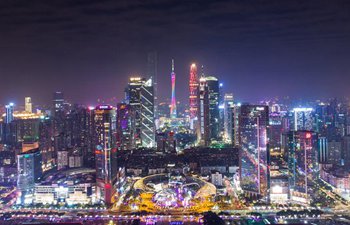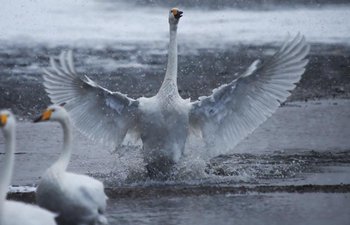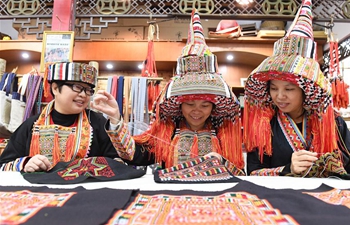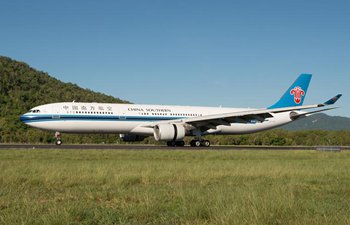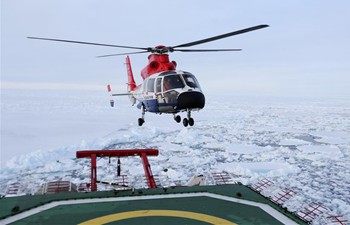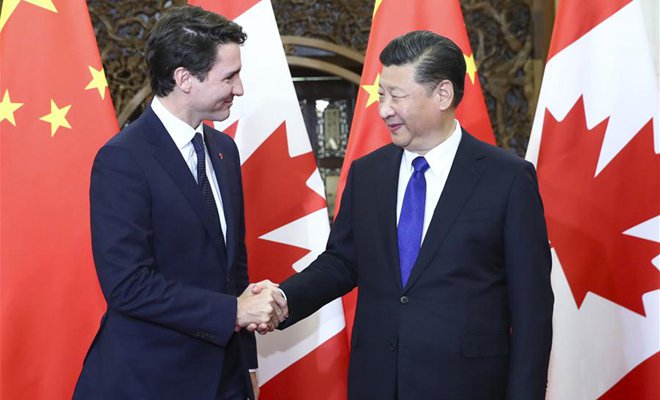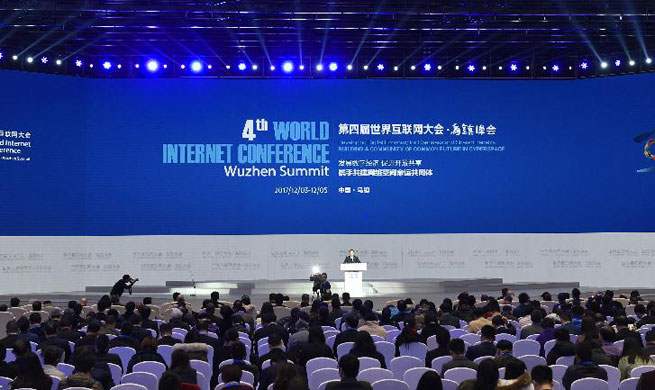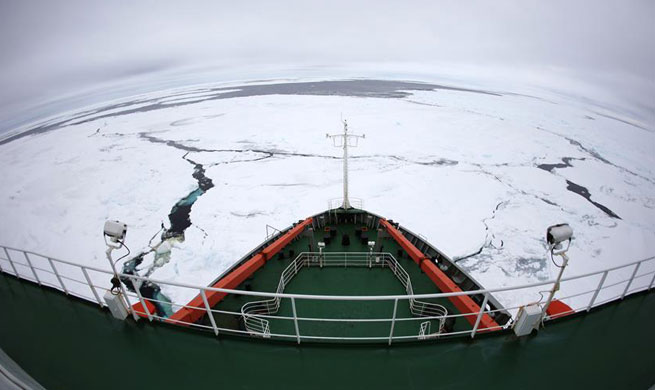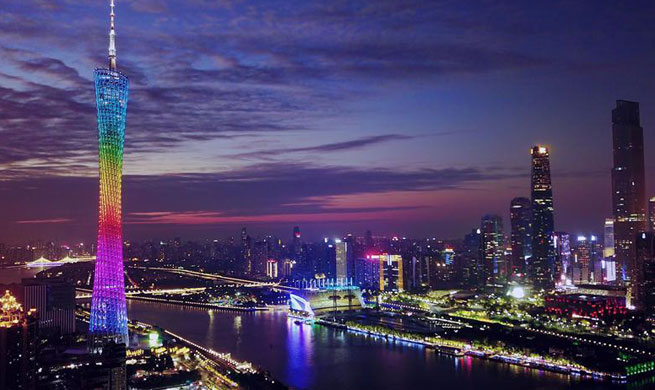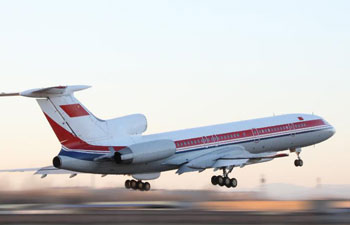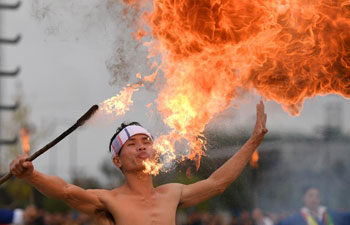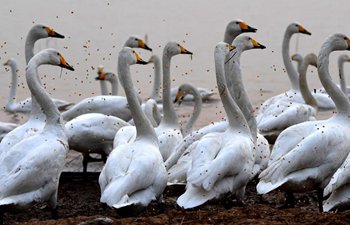ANKARA, Dec. 5 (Xinhua) -- The disagreement about the position of Syrian Kurds deepens between Turkey and Russia despite their close dialogue in efforts for settlement in the war-torn country.
Ankara strictly opposes any forms of cooperation with the Syrian Kurdish Democratic Union Party (PYD) and its armed wing People's Protection Units (YPG), but Moscow continues engagement with the PYD.
"We cannot ignore the fact that the Russian-PYD rapprochement would lead to a crisis in Russia-Turkey relations," said Huseyin Bagci, a professor and lecturer from the international relations department of Middle East Technical University.
Russia is at the forefront in the economic and political relations with Turkey and started to use this situation as "a good chess player," Bagci said, stressing that a Kurdish issue between the two countries will begin to sprout, sooner or later.
Russia's engagement with the PYD is not a surprise, according to the expert, since Moscow is one of the countries that has not been indifferent to the Kurdish issue for a long time.
Russia has started to add new Kurdish factor to its foreign policy and it will continue like this, Bagci said, and recalled that Moscow supported the PYD-YPG quite a bit during the military campaign against the Islamic State (IS).
The three guarantors, Turkey, Russia, and Iran, have achieved a success in maintaining a cease-fire between Syrian opposition groups and the government through Astana talks. However, the Kurdish issue remains to be a rift in this cooperation.
Turkey rejected PYD being invited by Russia to Syria talks in the Kazakh capital of Astana which was launched in 2016. Along with support given on political platform, Moscow deployed troops in southwest Afrin province of Syria in May after deadly Turkish strikes on the YPG.
Most recently, YPG and Russian military officials met on Sunday and released the photo of the gathering after the defeat of the IS in areas east of the Euphrates River.
This is the second picture that has sparked outrage in Ankara after some photographs appeared on social media in March showing Russian soldiers celebrating Newroz, Kurdish traditional new year holiday, with YPG fighters in the Syrian city of Aleppo.
Turkish Foreign Ministry summoned the Russian envoy in Ankara at the time following Russian soldiers wearing YPG insignias on their arms and waving the group's red-starred flags with posters of Kurdistan Workers' Party's (PKK) jailed leader Abdullah Ocalan.
Ankara sees the YPG as an extension of the PKK, listed as a terrorist group by Turkey, the U.S., and the EU.
Turkey fears that the growing autonomy of Syrian Kurds can emulate same aspirations for Turkey's sizable Kurdish population.
As a result, Ankara and Moscow are cooperating to convene a National Dialogue Congress in Black Sea resort Sochi with the participation of Syrian opposition representatives. In such a gathering, Kurds would also take a place at the table for discussions of a political solution in Syria.
But the previously announced date for the congress postponed after Turkey's objection for an invitation issued to the PYD.
At the moment, the list of participants of the meeting that is expected for next February and the list of representatives of the Syrian Kurds are subject to a diplomatic negotiation between Turkish and Russian officials.
Ankara strictly objects any participation of the PYD or YPG, but "any other figures that can reflect legitimate expectations of Syrian Kurds can attend the congress," a Turkish Foreign Ministry official familiar with the discussions told Xinhua on condition of anonymity.
The official pointed to the fact that Syrian opposition already has some representatives from Syrian Kurds, but declined to give any specific name.
"Of course, Syrian Kurds must have a place in every political initiative about the future of Syria. We are one of the countries supporting this role of Kurds, but not those armed groups that try to advance their region by methods of putting pressure on others," the Turkish official said.
The official said Ankara urges all relevant allies not to give consent to "any terrorist organization to develop its own agenda in anyways, and struggle against these groups."
The official pointed at the reality that unlike Turkey's NATO allies, such as major EU countries and the U.S., Russia does not consider the PKK as a terrorist group. Moscow allowed the PYD to open a representation office in Russia in 2016.





